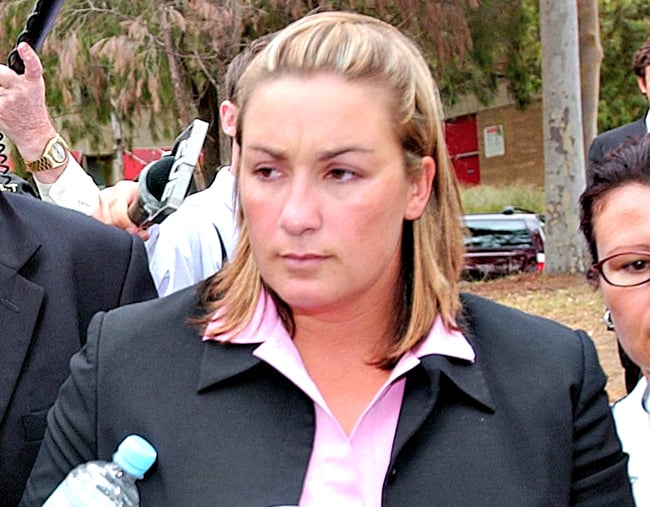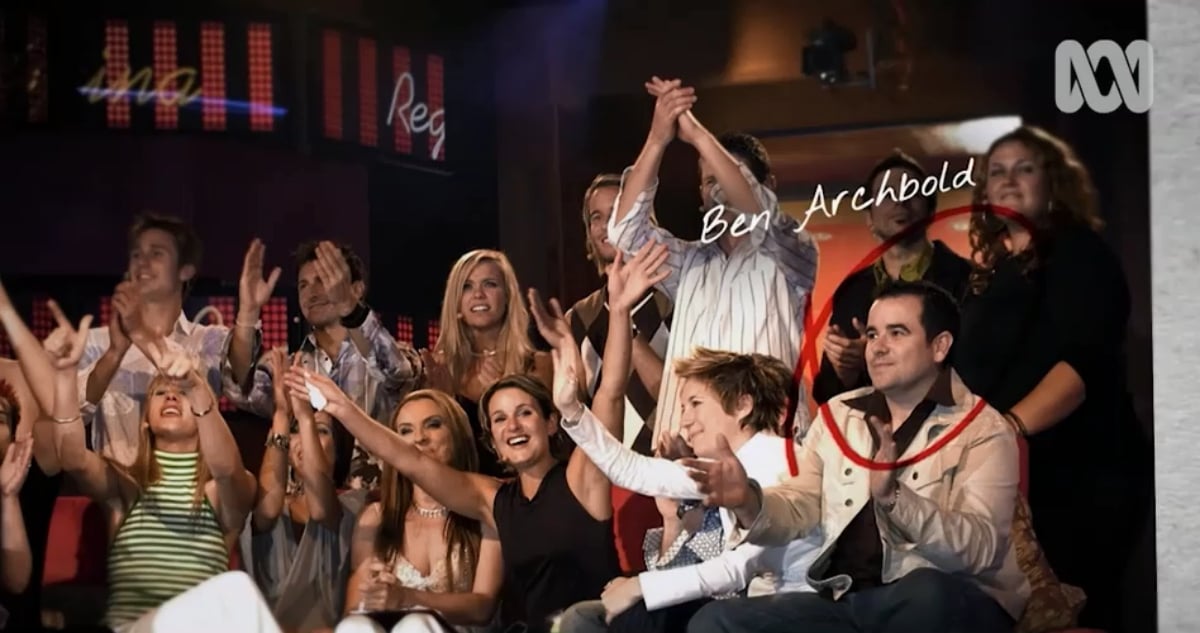
Nearly eight years ago, in December 2010, Sydney woman Keli Lane was convicted of murdering her two-day-old daughter, Tegan Lee Lane.
It was an extraordinary case that captured the nation’s attention. The story of how a popular, talented young woman from Sydney’s Northern Beaches managed to hide five pregnancies over several years from her parents who she lived with, her water polo teammates who saw her in a swimsuit everyday, and her partner and lover.
Over the past two weeks, award-winning Australian journalist Caro Meldrum-Hanna has explored 43-year-old Lane’s story from start to finish through the investigative ABC series EXPOSED: The Case of Keli Lane.
We’ve heard from Lane’s parents, friends, former partners and teammates, even Lane herself, about the woman they remember from those years, as well as police.
In this week’s final instalment of the three-part series, Meldrum-Hanna went inside the arguably flawed murder trial that saw Lane sentenced to 18 years in prison, asking the questions that were left unanswered at the time.
Who represented Lane? Was she represented fairly and completely? Were holes in the prosecution’s case ignored? Was Lane subjected to a fair trial?
And interestingly, one of the people investigated in relation to Lane’s legal team is one we’ve seen on TV before – former Big Brother contestant Ben Archbold.


Top Comments
Lane has waived client privilege. They can say whatever they want or need to.
After the prosecution called about 75 witnesses at Keli Lane's trial, Ben Archbold called zero witnesses for the Defence, i.e. his method was to provide no defence at all, hoping the jury thought the case had not been proved by the prosecution. At Keli's appeal, Ben had three days to provide reasons to free Keli. Shortly after lunch on the first of the three days, Ben's team completed their submissions, without including several rather obvious grounds for appeal.
What were the obvious grounds for appeal?